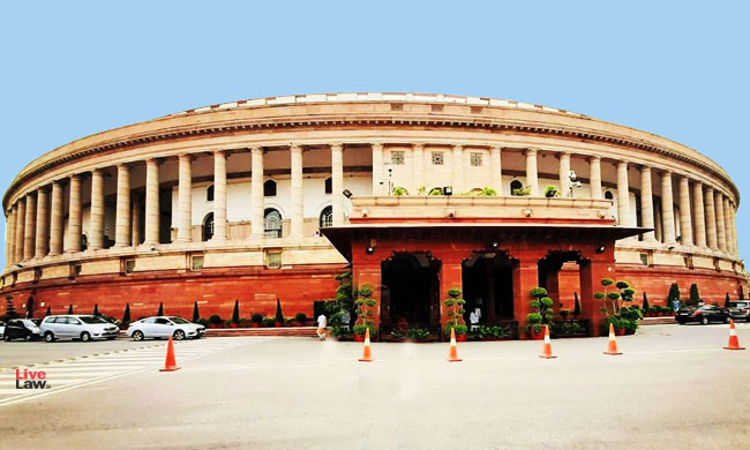Personal Data Protection Bill : What Does Joint Parliamentary Committee Report Say?
Sneha Rao
20 Dec 2021 11:17 AM IST

Next Story
20 Dec 2021 11:17 AM IST
Joint Parliamentary Committee Report on Data Protection Bill After 2 years of deliberation, the Joint Parliamentary Committee on Personal Data Protection Bill has tabled its Report in both Houses of the Parliament on Thursday. The JPC report which reviewed the country's first data protection law contains a new version of the Data Protection Law titled as 'The Data Protection...
